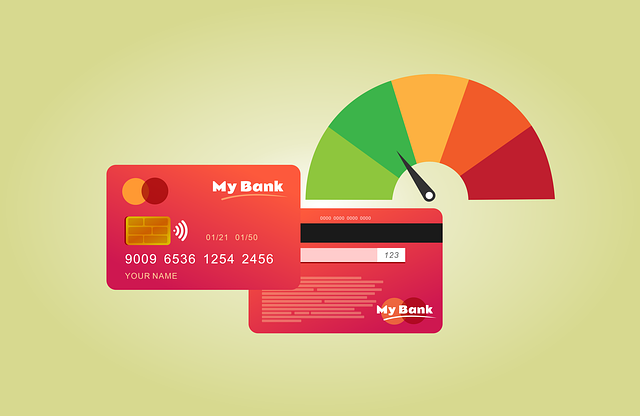5 Financial Steps to Bounce Back From a Low CIBIL Score

Your CIBIL score is a number that is derived from your spending patterns, payment patterns, and credit utilization. It serves as a reflection of your financial habits. If you have a bad CIBIL score, then you will have to pay a higher interest rate on your loans and credit cards. The financial score helps banks, credit card companies, credit unions, and other financial institutions to understand the individual’s financial condition and decide whether to give or deny a loan or a credit card. This blog talks about the steps which can be adopted to bring up the credit score after a low score.
What is a CIBIL / Credit Score?
What is a CIBIL score? Well, a CIBIL score is a three-digit number that represents your creditworthiness. Financial institutions use it to determine your eligibility for loans and credit cards. A high score means you’re a low-risk borrower, while a low score indicates you’re a high-risk borrower. The average CIBIL credit score in India is 750.
When Can a Credit Score Go Bad?
Credit scores can go bad for several reasons. One is simply paying bills late. The payment history is the most important factor in calculating a credit score, so even one or two late payments can have a significant impact. Another reason is having maxed-out credit cards, which also hurts your score.
Other factors that can lead to a lower credit score include:
- Closing old accounts.
- Opening too many new accounts at once.
- Filing for bankruptcy.
- Having too much debt or hard inquiries on your credit report.
Steps to Bounce Back from a Low Credit Score
1. Ensure Regular and Timely Repayment
The first step is to ensure that you make all of your payments on time and in full. This includes both your monthly bills and any outstanding debts you may have. Late payments can have a major impact on your credit score, so it’s important to make sure that you always pay on time.
In addition to making your regular payments, you should also pay down any outstanding debt you have as soon as possible. The less debt you have, the better your credit score will be.
2. Opt for a Longer Tenure When You Take a Loan
Consider a more extended repayment period when taking out a loan. This will keep your EMI low and allow you to make timely payments. Your credit score will improve when you do not default, delay, or skip EMI payments.
3. Keep the Borrowing to the Minimum
If you apply for too many loans or get too close to your credit card limit, your CIBIL score will undoubtedly suffer because such actions indicate credit-hungry behavior. The best thing to do is to avoid taking out loans unless absolutely required and to always ensure that you are not approaching your credit limitations. This helps in the recovery from negative credit.
4. Keep Track of Repaying Activities for Co-Signed and Guaranteed Loan Accounts
When you co-sign or become a guarantor on a loan, you are equally responsible for ensuring its timely repayment. As a result, any delay in repaying the co-signed or guaranteed loan account will negatively influence your credit score. Therefore, you must ensure that you regularly monitor the repayment actions of the loan that you co-signed or guaranteed. Because the repayment activity of the guaranteed or co-signed loans is also included in your credit report, examining your credit report on a regular basis might assist you in tracking the guaranteed or co-signed loans.
5. Create Credit History by Choosing Different Forms of Credit
You won’t have a credit history if you haven’t borrowed money in the past, so your CIBIL score will be low. To create a strong credit score, borrow a healthy mix of credit, including secured and unsecured loans, with long and short repayment periods. When you apply for a personal loan in the future, you will be able to get lower interest rates and larger loan amounts because of this.
6. Don’t Keep Applying for Credit if it is Rejected
If you apply for a loan or a credit card and your request is denied, the entire information will be documented in your credit report. When you apply for a loan at another bank, they will see your low score and past rejection and may reject your application. In such instances, it is advisable to submit your application only after the score improves.
Read More: 4 Best Credit Cards for bad credit Scores 2023
Final Thoughts
Credit scores are an important part of our lives. Imagine if you couldn’t get a loan or a credit card. It would be hard to buy a home, start a business, or even rent an apartment! So, learning how to improve your credit score is important, and there are many ways to do so. We hope this blog post has helped you find some new strategies that will help you boost your credit score.

Pranab Bhandari is an Editor of the Financial Blog “Financebuzz”. Apart from writing informative financial articles for his blog, he is a regular contributor to many national and international publications namely Tweak Your Biz, Growth Rocks ETC.








